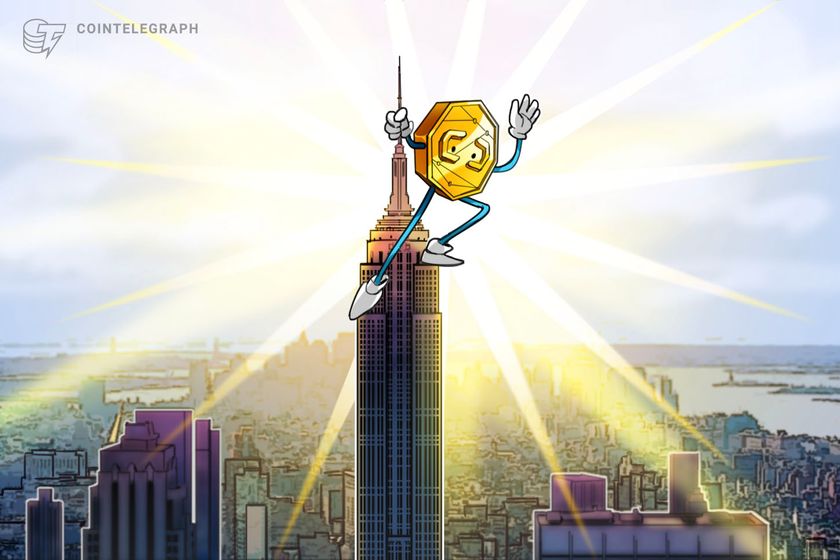ARTICLE AD BOX

- Greg Osuri created Akash Network to turn idle computing power into a decentralized cloud alternative.
- He believes decentralizing AI infrastructure is key to fair access and innovation.
Greg Osuri may not be the name that immediately comes to mind when talking about crypto, but his footprint has spanned many facets of modern technology, from cloud computing to artificial intelligence. He wasn’t a sudden viral hit. Instead, his journey was like a path of patient, deliberate code—there was structure, there was persistence, and there was a long-term goal.
Greg Osuri worked at IBM, then became the brain behind Kaiser Permanente’s first cloud architecture in 2008. But his big turning point came when he founded AngelHack, a global hackathon community that eventually attracted more than 200,000 developers in more than 160 cities. It’s safe to say that Greg preferred to stay behind the scenes, giving young coders a chance to shine.
Greg Osuri: Turning Idle Machines Into a Decentralized Cloud
But his experience and obsession with efficiency didn’t stop there. He noticed something that was too often overlooked: idle computing power.
Computers and servers that were only being used a fraction of their capacity every day? It was a big problem that not everyone was aware of, and Greg decided to make it an opportunity. Thus, Overclock Labs was born in 2015, which then paved the way for Akash Network three years later.
Akash Network emerged as an open marketplace for unused computing power. Imagine you have a spare room in your house that you can rent out, like Airbnb, but in the form of CPUs and servers.
This network allows users to rent out or utilize computing power without having to rely on giant cloud services like Amazon or Google. For numerous developers seeking cost-effective project development, this network provides a legitimate and efficient alternative.
Balancing AI Power With Open Infrastructure
Greg is not satisfied with just stopping at infrastructure. In recent years, he has begun to highlight how artificial intelligence is now slowly dominating global computing needs. This is where he sees great potential for decentralization.
According to him, AI will become central to many aspects of life, whether people like it or not. But if the computing power for AI is only controlled by a handful of large companies, then what will happen is an increasingly sharp inequality of access.
On the other hand, he thinks Akash Network can be a balancing act. By offering open and distributed computing power, AI model training does not have to rely on giant data centers that are only accessible to multi-million dollar companies.
This idea sounds reasonable, especially considering the skyrocketing cost of AI model training. Providing an alternative path through a network like Akash could be a solution that is not only efficient, but also fair.
Not a Loud Voice, But a Clear Vision
Interestingly, despite being one of the main figures in the conversation about decentralized cloud and web3, Greg Osuri is not the type to shout about his vision.
He is more active in expressing his ideas through platforms like X and online discussion sessions, but does not seek excessive attention. In fact, from there, many respect him not because of his convincing speaking style but because of what he is really building.
If you follow his social media accounts, you will find sharp opinions about crypto, AI, and digital inequality that he conveys in a straightforward manner. He often criticizes the dominance of large cloud platforms and questions who really has control over the internet. And that’s not just a provocation—because he himself is working on an alternative solution.
.png)
 6 days ago
3
6 days ago
3








 English (US)
English (US)